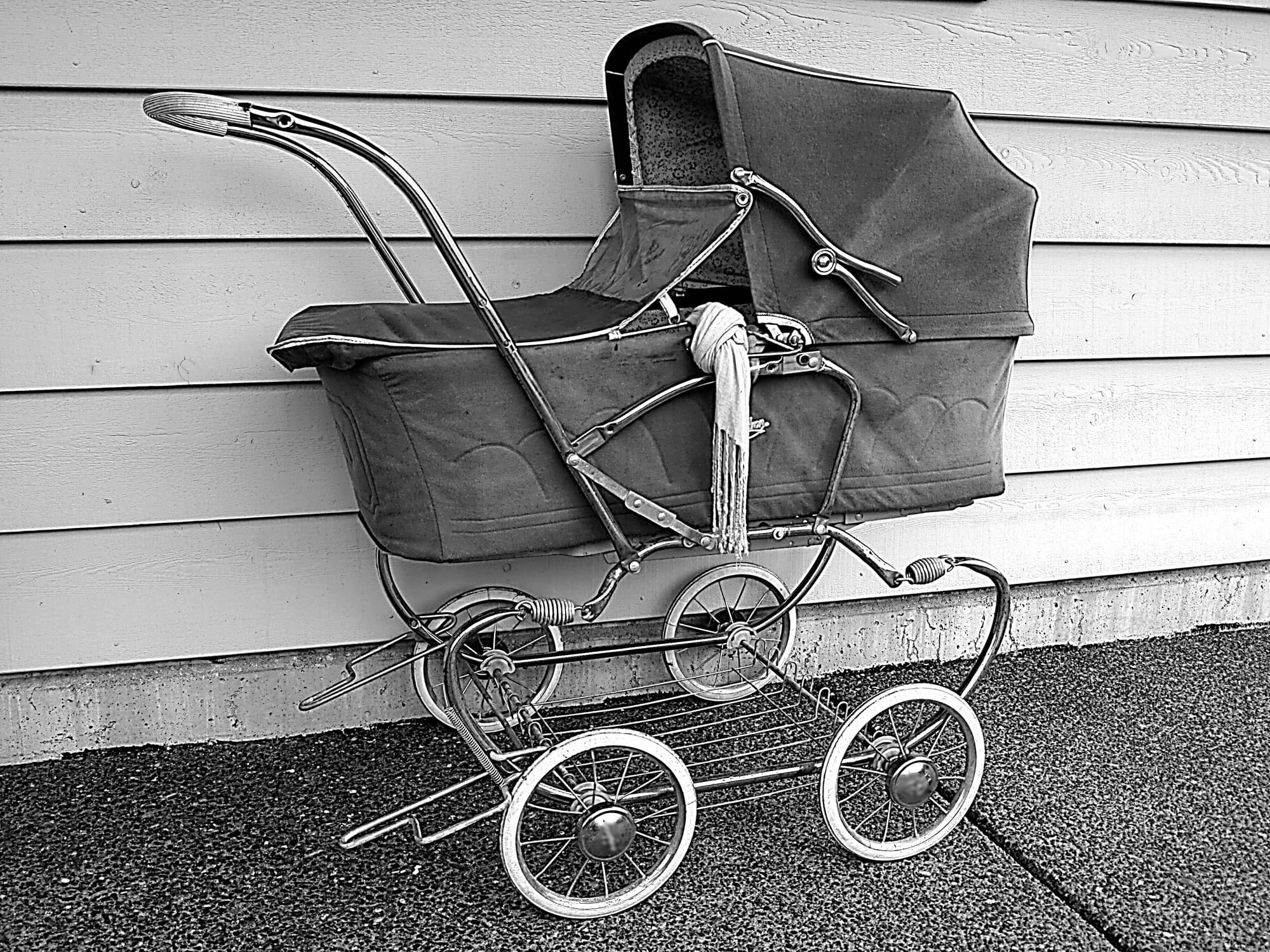
Today marks five years since the federal government’s Forced Adoptions Apology. In the intervening years it's produced many very good outcomes for people affected by forced adoptions. However, there's still much work to be done, including compensation for people who were adversely affected by many illegal acts.
I've watched former prime minister Gillard’s speech on many occasions. Her address on 21 March 2013 represents one of the outstanding moments of Australian history that must never be forgotten. That, together with the way in which people came together in grief and in hope, stands as one of my most vivid memories of that day. This has been an issue that's united people around the country in a way we seldom see. People have readily identified with those affected by forced adoption. It's only a pity that the issue doesn't have a higher public profile.
It was a profound pity and outrage that on the same day a member of the government chose to initiate the political challenge to the prime minister, thereby depriving the apology of its much-needed attention and publicity on the day. I expressed my outrage to Mr Crean in a very strongly-worded email written that night. I told him that I thought he owed everyone affected by forced adoptions a profound apology. I received no response.
What we know, although it should be more widely known among the public, is that there was appalling treatment of mothers subject to forced adoption. Being tied to the bed, not being permitted to see the baby, not having legal representation, guardians or independent advice, together with the forgery or post-dating of consents to adopt, were just some of the abominations that have come to public attention.
When I first read the report upon which the government’s apology was based, there was one thought that jumped out at me: these practices are illegal.
The law had been breached in the most egregious ways. That led me to the conclusion that any apology would be grossly inadequate if it did not include the word “illegal”. It was a word over which I was prepared to go to the barricades and one that, thankfully, the government agreed upon.
Tens of thousands of people in our community have been significantly adversely affected by forced adoption. That effect is multidimensional and intergenerational.
We know that the words of an apology must be underpinned by concrete measures. The government pledged $5 million for support services, including reunion, advice, peer group support and like measures; $5 million for health services, including the implementation of a training package for mental health professionals in the area of forced adoption; and $1.5 million for the National Archives to create a history and touring exhibition of forced adoption. This has included oral histories, physical mementos, photographs and expert commentaries.
Funding for the various services provided by the Department of Social Services appears to be secure, at least for the next few years. Mental health professionals have availed themselves of training resources in larger numbers than expected. Peer group support continues its excellent work throughout the country.
Unfinished business
There are three particularly demanding issues that require resolution.
The first of them arises out of the word “illegal” in the apology to which I referred earlier. Tens of thousands of people in our community have been significantly adversely affected by forced adoption. That effect is multidimensional and intergenerational.
As we know all too well, the consequences on physical and mental health have, all too often, been disastrous. If people act illegally, they're usually required to compensate somebody who has been adversely affected by those actions. Shouldn’t the same proposition apply to those institutions that behaved illegally in the area of forced adoptions?
It is time that that issue be seriously considered by the community.
The second fundamental issue is one that was recommended but rejected by the government. In order to give the issue of forced adoption a higher profile in the public domain and afford it a proper place in the nation’s history, there should be an annual commemoration by way of Forced Adoptions Day. At least part of the reason for rejection was that 21 March is already Harmony Day. That, in my view, is an inadequate basis for rejection of the concept.
The third fundamental issue is the question of the whole future of adoption.
If we’re going to have adoption, it needs to be national rather than state-by-state. It is intolerable that in a democracy as advanced as Australia’s we should have such a fragmentation of jurisdictions. Moreover, do we need adoption at all?
Is not the law relating to the best interests of children capable of considering what is now adoption? For example, I would suggest that it's not appropriate that children placed in out-of-home care should be automatically the subject of an adoption order rather than a parenting order, albeit with one or more adults who start off as strangers to the child.
I suggest that answers to these questions can be found, at least in part, from Australia’s experiences with forced adoption.
While large numbers of those experiences represent the very worst aspects of adoption, the issues of consent, ongoing parental involvement and, in particular for adoptees, personal identity should inform our consideration of the possibilities of law reform in this area.
This is an edited extract from a speech delivered by Professor Nahum Mushin to mark five years since the national apology delivered by Julia Gillard.





